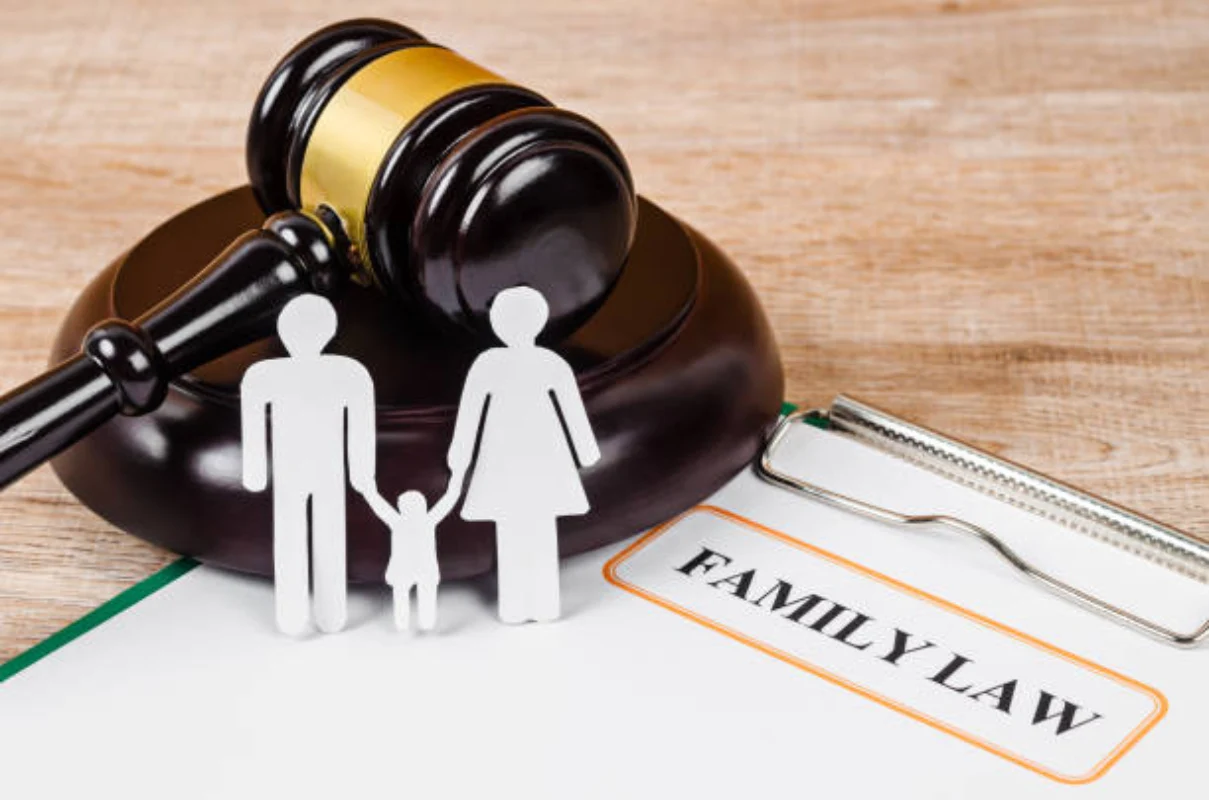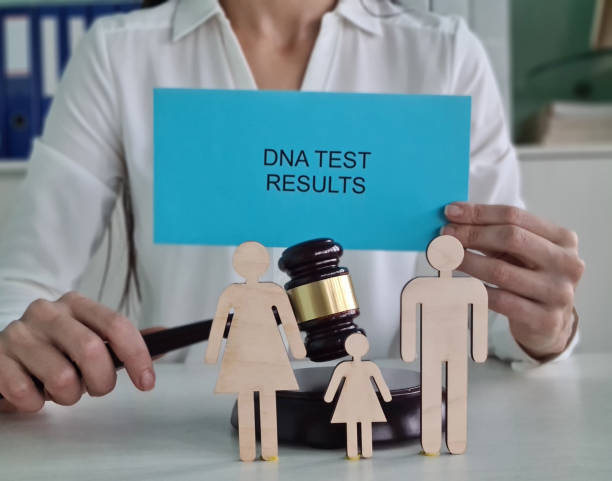Can Children File a Personal Injury Lawsuit?

Personal Injury Lawsuits for Children: What Parents Should Know
When a child suffers an injury due to someone else’s negligence, the legal process to seek justice and compensation can be overwhelming. Personal injury lawsuits involving minors require a specialized approach, as children cannot file lawsuits on their own. Instead, a parent or legal guardian must take legal action on the child’s behalf, often with the help of a child injury attorney. These cases go beyond just covering medical expenses—they also take into account long-term consequences such as rehabilitation, emotional trauma, and future care needs. Understanding how the legal process works can help parents make informed decisions during a very stressful time.Ready to connect with top legal professionals? Get immediate support— Call us at 877-550-8911.
Key Aspects of Child Injury Lawsuits
- Legal Representation and Guardianship Requirements
- Children under the age of 18 do not have the legal capacity to sue. A parent, guardian, or court-appointed guardian ad litem must represent the child in court. Partnering with an experienced child injury attorney ensures the correct legal procedures are followed and that the child’s rights are protected throughout the process.
- Types of Injuries That May Lead to Lawsuits
- Children can be injured in many ways that warrant legal action, such as:
- Motor vehicle accidents involving young pedestrians or passengers.
- Playground injuries resulting from defective equipment or poor supervision.
- Defective products like toys or furniture that cause harm.
- Medical malpractice, including surgical errors or delayed diagnoses.
- Dog bites or animal attacks when owners fail to properly restrain pets.
- These claims must clearly demonstrate that another party’s negligence directly caused the injury. Documentation such as medical records, eyewitness accounts, and expert testimony can help establish liability.
Challenges in Filing a Lawsuit for a Minor
- Proving Negligence and Liability
- Establishing liability can be more difficult in child injury cases. Courts consider that children may not understand the consequences of their actions, which makes it important to prove the adult or entity involved failed in their duty of care. A skilled attorney builds a case backed by evidence, medical records, and witness testimony.
- Court Approval for Settlements
- Even after a settlement is reached, courts must approve it to ensure it is in the child’s best interest. The awarded funds are often placed in a structured trust or annuity, accessible only when the child becomes an adult. Learn more about settlement processes and how courts protect minors.
- Emotional Toll and Sensitivity of Case
- Child injury cases often involve emotional trauma for both the child and the family. Navigating the legal process while managing grief or stress can be difficult. Attorneys experienced in these cases provide compassionate support and strategic guidance.
Steps to File a Child Injury Lawsuit
- Consult a Specialized Child Injury Attorney
- The first step is to contact a lawyer who specifically handles child injury claims. They understand the nuances involved and can advise you on whether your case meets the legal criteria for filing.
- Document the Injury and Gather Evidence
- Timely collection of records such as hospital reports, photographs, police documentation, and witness statements can greatly strengthen your case. The more comprehensive your documentation, the more likely you are to receive fair compensation.
- File the Lawsuit Within the Legal Deadline
- Each state has a statute of limitations, which is the time limit for filing a claim. While some states offer extensions for minors, early legal consultation ensures you don’t miss critical deadlines. Missing the statute of limitations can result in the claim being barred entirely.
- Pre-Trial Negotiations and Possible Mediation
- Many child injury cases are resolved outside of court. Your attorney may engage in negotiations or alternative dispute resolution methods like mediation to reach a fair settlement without going to trial.
What Compensation May Include
- Medical Expenses and Long-Term Care
- This includes ER visits, surgery, follow-up treatment, physical therapy, and projected future care costs. Parents can also seek reimbursement for out-of-pocket medical costs and mileage to doctor appointments.
- Pain, Suffering, and Emotional Distress
- A child’s psychological trauma—such as PTSD or anxiety—can qualify for additional damages. These types of non-economic damages are often supported by expert evaluations and therapy records.
- Loss of Quality of Life
- If the injury limits a child’s ability to enjoy activities or participate in school or hobbies, compensation can reflect that loss. Courts may also award damages for permanent disfigurement or physical impairments.
- Educational Impacts
- Injuries that lead to missed school or special education needs can also factor into the compensation amount. The costs of tutoring, therapy, or special accommodations may be recoverable.
 Choosing the Right Child Injury Attorney
Choosing the Right Child Injury Attorney
- Experience Handling Minor Injury Cases
- An attorney who regularly deals with child-related claims will be familiar with the required legal steps, from court approvals to medical evaluations.
- Clear and Compassionate Communication
- A good attorney should be able to clearly explain what to expect while also being sensitive to the emotional toll of the situation.
- Proven Track Record and Reputation
- Read reviews, request referrals, and verify their success in similar cases. The Legal Case Review platform offers curated recommendations to help parents connect with trusted attorneys.
- Local Knowledge
- Legal procedures and deadlines vary by state. Hiring an attorney familiar with local laws ensures your claim meets jurisdiction-specific requirements.
FAQs About Child Injury Lawsuits
1. Can my child file a personal injury lawsuit on their own?No, a parent, guardian, or court-appointed representative must file the lawsuit.
2. Is there a deadline for filing?
A. Yes, each state has its own statute of limitations. While minors often get extra time, delays can still harm the case.
3. How long does a typical case take?
A. It varies—some cases settle in months, while others may take years, especially if they go to trial.
4. Do I need a lawyer with experience in child injury law?
A. Absolutely. These cases involve unique legal and emotional complexities that general personal injury lawyers may not handle as effectively.
5. What happens to the settlement money?
A. Courts usually require funds to be managed in a trust or structured settlement until the child turns 18.
6. What if my child’s injury happened at school or daycare?
A. These facilities have a duty of care. A lawyer can investigate liability involving staff, supervisors, or maintenance practices.
Don’t wait to secure the legal representation you deserve. Visit Legal Case Review today for free quotes and tailored guidance, or call 877-550-8911 for immediate assistance.




